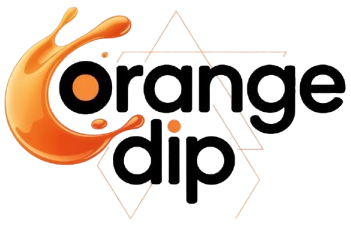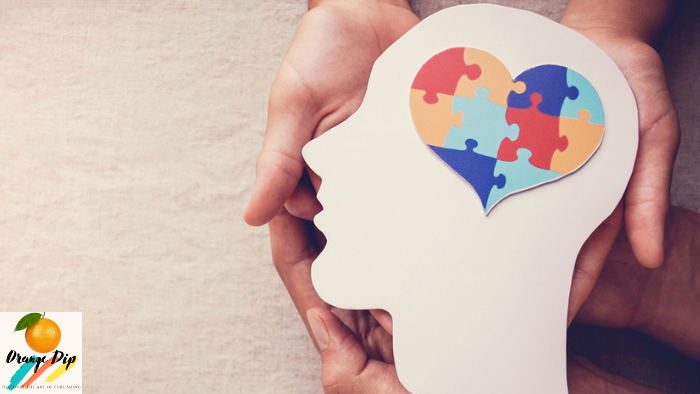It is very common for addiction issues to co-occur with mental health conditions. In fact, research shows that over 50% of individuals with a substance use disorder also have a co-occurring mental illness.
The most common co-occurring mental health disorders with addiction include anxiety, depression, bipolar disorder, PTSD, and personality disorders.
There are several reasons why substance use disorders and mental health conditions often co-occur. First, those with a mental health disorder may use drugs or alcohol as a form of self-medication to help cope with their symptoms. However, this often backfires and leads to addiction issues over time. Additionally, chronic substance use can exacerbate underlying mental health symptoms or even trigger the onset of a new mental illness. Lastly, there are shared risk factors between addiction and mental illness, such as childhood trauma, genetics, and brain abnormalities.
Addiction Worsens Symptoms of Mental Health Disorders
When addiction issues and mental health conditions occur together, each disorder tends to worsen the symptoms of the other. For example, alcohol abuse can intensify depression and increase suicidal thoughts. Likewise, untreated depression or anxiety often leads to increased substance use as a coping mechanism.
Chronic substance abuse impacts areas of the brain related to mental health. It can disrupt natural neurotransmitter activity and interfere with emotional regulation. As addiction progresses, substances create a short-lived sense of pleasure and relief from mental health symptoms. However, they ultimately deplete neurotransmitters, leaving individuals more vulnerable to mood disturbances over time.
Getting treatment for both disorders simultaneously is key to recovery. Attempting to treat one issue while ignoring the other typically leads to poor outcomes. An integrated mental health treatment approach addresses the interplay between mental health conditions and addiction.
Addiction Impacts Relationships and Daily Life
Beyond its impact on mental health, addiction issues also wreak havoc on an individual’s relationships, responsibilities, and overall health and well-being. Substance abuse often leads to relationship conflicts and social isolation. It also impairs one’s ability to perform work duties, attend school, or meet other obligations.
Addiction creates disruptions in daily routines and can entirely derail normal functioning. Individuals may abandon hobbies, self-care, and other positive parts of life as addiction becomes an overriding priority. Financial problems also frequently ensue. The compulsive, obsessive nature of addiction takes over and creates instability in all areas of life.
Seeking Treatment is Essential for Recovery
If addiction issues are significantly impacting mental health and quality of life, it is vital to seek professional treatment. A customized treatment plan can address both the addiction and any co-occurring mental health disorders. Treatment options may include detoxification, counseling, support groups, medication, and holistic therapies.With proper treatment and ongoing support, individuals can regain control over addictive behaviors and establish stability in both mental health, daily functioning and workouts. Recovery is a lifelong process, but it is possible to achieve with the right help. Overcoming addiction issues and related mental health disturbances leads to immense hope and freedom to live a fulfilling life.


